Biography
Hossein Dabbagh is an Assistant Professor of Philosophy at Northeastern University London and Chair of the Research Ethics Committee. He is also an affiliate member of Oxford University Department for Continuing Education. Before joining Northeastern, Hossein was an Assistant Professor of Philosophy at Doha Institute for Graduate Studies, a Seminar Leader at Oxford’s Blavatnik School of Government, and an Honorary Research Fellow at UCL’s Institute of Education.
He is a practical ethicist and educator specialising in the intersection of ethics and public policy, applying moral analyses and principles to real-world challenges to inform policy decisions, shape institutional practices, and address societal issues. With training in both Western Anglo-American and Islamic philosophical traditions, he takes a comparative approach, engaging with and contributing to both schools of thought. His work extends beyond the Western canon, incorporating insights from Persian and Islamic philosophy.
He earned his PhD in Philosophy from University of Reading while completing part of his doctoral research at Oxford’s Uehiro Centre for Practical Ethics. He also holds an MA in Philosophy from Shahid Beheshti University and a BSc in Business Management from University of Tehran. He is a Fellow of the Higher Education Academy (FHEA).
Qualifications
PhD in Philosophy, University of Reading
Visiting Doctoral Student, University of Oxford
MA in Philosophy, Shahid Beheshti University
BSc in Business Management, University of Tehran
Research
Hossein’s research focuses on moral philosophy (epistemology and psychology), practical ethics (including neuroethics, biomedical ethics, and AI ethics), political theology, and Islamic law and ethics. He also explores the intersection of ethics and public policy, particularly in relation to democracy and digital governance. His work examines the contribution of cognitive neuroscience to moral knowledge and the ethical and social implications of AI and biomedical advancements. He has contributed to Islamic biomedical ethics and Islamic political theology, analysing moral and political reasoning within Muslim intellectual traditions.
He has authored several articles and monographs in English and Persian. His most recent book, The Moral Epistemology of Intuitionism: Neuroethics and Seeming States (Bloomsbury, 2023), champions the epistemology of moral intuitions against empirical challenges derived from neuroethics. His research has been published in journals such as Philosophical Forum, Philosophical Psychology, AI and Ethics, and the American Journal of Bioethics. His current research focuses on AI ethic literacy, AI-human cooperation, and the ethical implications of AI in democratic systems. He also explores key issues in biomedical ethics, such as genital cutting, particularly within Islamic biomedical frameworks.
Beyond academic publishing, he writes for public audiences, with articles appearing in Aeon, The Conversation, The Philosopher, BBC, and other platforms, where he engages a wider readership by exploring ethical and philosophical issues in an accessible way. Additionally, he has provided written evidence on misinformation and digital ethics for the UK Parliament and Ofcom.
Publications
Hossein publishes in English and Persian. Among his recent publications—in English—are:
Book & Book Chapters:
2026. Ethics of Shame in Islam, in Bloomsbury Handbook of Islamic Ethics, forthcoming.
2025: The Ethics of Genital Cutting in Islam and the Intersection with Secular Bioethics, in Bioethics and Religion: Exploring the Intersection, Springer, forthcoming.
2023. The Moral Epistemology of Intuitionism: Neuroethics and Seeming States, Bloomsbury Academic, 2023.
Journal Articles:
2025. Relational Norms for Human-AI Cooperation, forthcoming.
2025. Can LLMs bridge Intellectual Cultures? forthcoming.
2024. Genital Modifications in Prepubescent Minors: When May Clinicians Ethically Proceed? American Journal of Bioethics (The Brussels Collaboration on Bodily Integrity).
2024. AI Ethics Should be Mandatory for Schoolchildren, AI and Ethics.
2023. Epistemology of Religion and Phenomenology of Revelation in Post-revolutionary Iran, Philosophy & Social Criticism.
2023. Approaches to Muslim Biomedical Ethics, Bioethical Inquiry.
2022. Is Circumcision “Necessary” in Islam? A Philosophical Argument based on Peer Disagreement, Journal of Religion & Health.
2021. “Intuitions about Moral Relevance — Good News for Moral Intuitionism”, Philosophical Psychology.
Teaching
Hossein specialises in teaching moral philosophy, practical ethics and political philosophy. He has designed and delivered courses on ethics in emerging technologies, biomedical ethics, and AI ethics. He has given undergraduate lectures and graduate seminars on a range of topics, including Values & Virtues, Moral Brain, Metaphor & Cognition, AI Ethics, Fairness & Justice, Biomedical Ethics, Ethics of War, and Theory of Knowledge.
He supervises undergraduate and graduate students in moral and political philosophy, practical ethics, Islamic ethics and law, and political theology.
Teaching Appointments:
Northeastern University London – Module Leader: Technology and Human Values, Applied Ethics
Oxford Prospects & Global Development Institute, Regent’s Park College – Tutor: Social Injustice and Poverty
Oxford Blavatnik School of Government – Seminar Leader: Public Policy and Philosophy
Oxford Department for Continuing Education – Tutor: Epistemology and Introduction to Ethics
Aga Khan Centre’s Institute of Ismaili Studies – Module Co-Leader: Islamic Law, Ethics, and Society
Doha Institute for Graduate Studies – Module Leader: Logic & Critical Thinking, Ethics of War, Values and Virtues, Justice and Fairness.
Languages
Persian, Arabic, and English
Contact
Faculty name
hossein.dabbagh@nulondon.ac.uk


